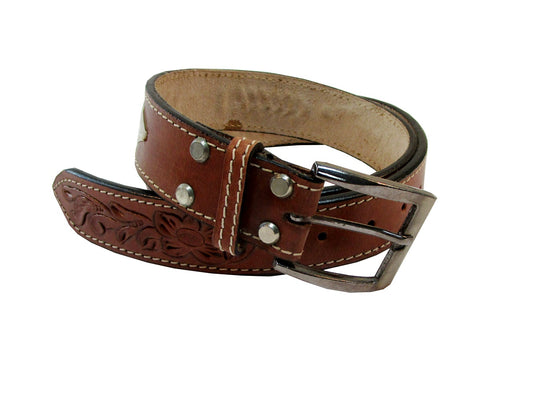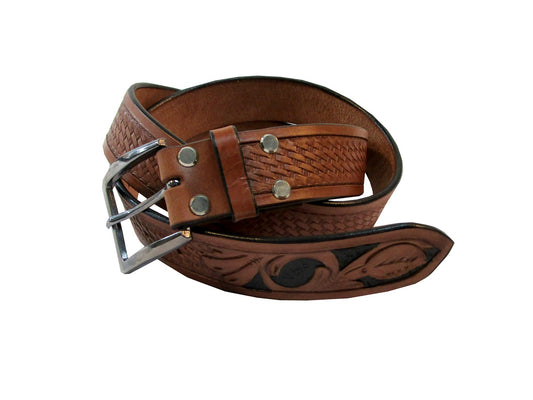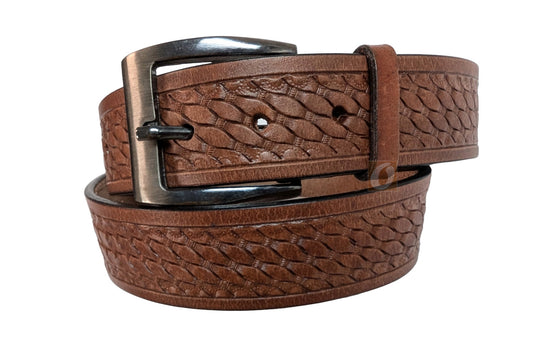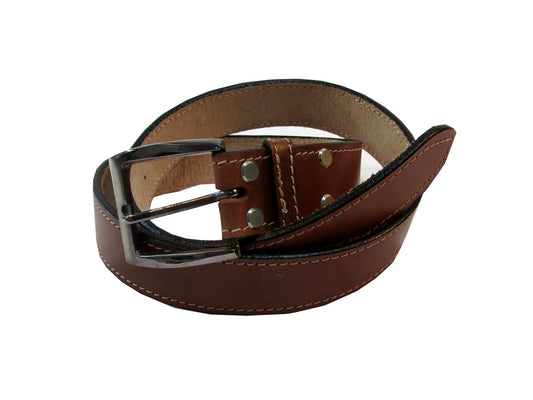Concealed Carry Laws: What You Need to Know
Concealed Carry Laws: What You Need to Know ? And How They Impact Your Holster Choice
Information below is based on our research. Please check specific detail and law with your local and state government.
When it comes to concealed carry, understanding the laws that govern firearm possession and carry is essential for safety, compliance, and peace of mind. In the United States, concealed carry regulations vary significantly from state to state, and they can even differ within regions of the same state. Whether you're a first-time concealed carrier or an experienced gun owner, it’s important to stay informed about these laws and how they might influence your choice of holster.
At Saddle Online Shop, we’re committed to providing high-quality holsters that not only meet the needs of concealed carriers but also help them comply with the legal requirements of their specific state. In this blog post, we’ll give you an overview of concealed carry laws, the variations across states, and how these differences can impact the holster you choose.
The Basics of Concealed Carry Laws
Concealed carry generally refers to the practice of carrying a firearm in a concealed manner on one’s person, typically in a holster under clothing. However, every state in the U.S. has its own regulations regarding concealed carry, including who is eligible to carry, where firearms can be carried, and what type of permits or licenses are required.
Here are some key considerations when it comes to concealed carry laws:
1. Permit Requirements
Some states, known as “shall issue” states, are more lenient, requiring only a background check and completion of a training course to issue a concealed carry permit. In contrast, “may issue” states allow law enforcement to exercise discretion, and applicants must provide additional justification or meet certain requirements to obtain a permit. There are also a few states that allow "constitutional carry," where no permit is required to carry a concealed firearm.
2. Reciprocity
If you travel frequently or live near state borders, it's essential to know the reciprocity agreements between states. These agreements determine whether your concealed carry permit is recognized in other states. For example, if you have a permit in a state with widespread reciprocity, it may be honored in several other states, making it easier for you to carry legally when traveling.
3. No Carry Zones
Every state has designated areas where concealed carry is either restricted or outright prohibited, including schools, government buildings, and private property where the owner has posted signs banning firearms. It’s crucial to stay informed about these no-carry zones to avoid legal issues.
4. Carrying Methods
Different states may have restrictions on how and where you can carry a firearm. Some states allow open carry (where the firearm is visible), while others strictly limit carry to concealed firearms. The holster you choose should align with these state-specific rules.
How State-Specific Regulations Impact Holster Choices
The concealed carry holster you choose will depend on the regulations in your state, your lifestyle, and the comfort and practicality of the holster itself. Let’s break down how certain state laws and regulations influence holster selection:
1. Permitless Carry States (Constitutional Carry)
In states where constitutional carry is legal, you may not need to use a holster in the traditional sense. However, using a quality holster is still highly recommended for safety, accessibility, and comfort. In these states, concealed carriers often prefer lightweight, minimalistic holsters that ensure their firearm stays secure without adding unnecessary bulk.
2. “Shall Issue” vs. “May Issue” States
In "shall issue" states, the process of getting a concealed carry permit is relatively straightforward, so carriers may opt for a variety of holster types based on personal preference. "May issue" states, however, might involve more scrutiny or additional regulations, such as restrictions on certain firearm types or holster styles. Be sure to select a holster that matches the requirements set by local laws—whether that's a specific style (e.g., inside the waistband, appendix carry, shoulder holster) or a secure retention mechanism to ensure safe carry.
3. Duty to Inform Laws
Certain states require you to inform law enforcement officers immediately if you are carrying concealed when approached. This could influence your holster choice in a couple of ways. Some carriers prefer holsters that allow for quick, easy access in case they need to show their firearm to authorities. Retention features and the ease with which you can draw your weapon may be a higher priority in such states.
4. Concealed Carry in Vehicles
Many states have unique laws regarding carrying firearms in vehicles. In some jurisdictions, firearms must be stored in a locked glove compartment, trunk, or other secure areas if you’re not actively carrying them on your person. A holster with vehicle-specific features—like an adjustable belt or one that can be clipped to the interior of your car—can help ensure that your firearm remains securely stowed when not in use.
Holster Features to Consider Based on Your State’s Laws
No matter where you live, the right holster is essential for ensuring comfort, security, and compliance with state laws. Here are some features to look for based on your location and needs:
Retention: Some states have strict laws requiring a certain level of firearm retention. Look for holsters with adjustable retention levels, like tension screws or active retention devices (e.g., thumb breaks), to ensure your firearm stays in place.
Material: If you live in a hot, humid climate, a breathable, moisture-wicking holster might be necessary. On the other hand, colder climates may call for more rigid, sturdy holsters that offer additional protection.
Ease of Draw: In states where open carry is not allowed, but you still need fast access to your firearm in emergencies, a holster designed for quick draws can make all the difference. Consider an inside-the-waistband (IWB) holster for discreet, yet easily accessible carry.
Comfort and Concealment: A holster should be both comfortable and effective at concealing your firearm. For states with more relaxed laws, a holster designed for appendix carry might be the best option, while those in strict states might prioritize deep concealment options such as ankle holsters or belly bands.
Trust Saddle Online Shop for All Your Concealed Carry Needs
At Saddle Online Shop, we understand the importance of having a holster that aligns with your state’s laws while offering the security, comfort, and convenience you need for everyday carry. Our products are made from high-quality materials, ensuring durability, comfort, and performance. Whether you’re looking for an inside-the-waistband holster, an appendix carry option, or a vehicle holster, we have something for every concealed carrier.
We’re proud to offer holsters that are designed with both form and function in mind—helping you stay compliant with state laws while enjoying maximum comfort and concealment. Our knowledgeable team is here to help you find the perfect holster for your needs, and we stand behind the quality of every product we sell.
If you have any questions about concealed carry laws in your state or need assistance choosing the right holster, don’t hesitate to reach out. Trust Saddle Online Shop to be your partner in concealed carry, safety, and compliance.
Stay Safe, Stay Informed, and Carry Confidently.
If you are looking for Gun Holster . Visit our Holster collection . Our Holster for Revolver are handcrafted. Our Leather Holster are great to secure your firearms.








